Article Topics
Throughout the United States, there’s a growing interest in medical marijuana. Recent studies show that over half of American adults agree that the use of cannabis for medical purposes is valid. The number of states with legal access to medical marijuana continues to increase every year. Even though most people have heard about the benefits of medical cannabis, there’s still a lot of misinformation about it. In this article, we’ll explore everything you need to know about this trending hot topic and what all the fuss is about.
Why would people use it?
Medical cannabis is used to treat certain medical conditions, including but not limited to the following:
- Cancer patients: while there are so many cancer treatments, a lot of them are not without side effects. Cancer patients may benefit from cannabis use because it can help reduce their nausea and vomiting, as well as stimulate their appetites.
- HIV/AIDS patients, who often suffer from significant weight loss and poor appetites, can receive effects similar to the cancer patients utilizing medical marijuana.
- Glaucoma patients: marijuana can help treat it by reducing the pressure inside the eye.
- Patients suffering from certain neurological conditions such as epilepsy have reported that they have benefited from marijuana use as well having a considerable reduction of seizure activity.
- People recovering from surgery or dealing with chronic pain may find that marijuana helps them to manage it.
How Is It Administered?
Cannabis can be administered in a variety of ways, including smoking, vaporizing, ingesting, and applying it topically. Patients who ingest marijuana typically do so by consuming it in the form of a pill or oil. The majority of patients who smoke marijuana do so by smoking it in a pipe or a joint. Patients who vaporize cannabis typically do so with a device called an inhaler or by using a vaporizer. Vaporizing cannabis is considered a healthier alternative to smoking it because it doesn’t produce the same amount of smoke and/or carcinogens. Patients who apply cannabis topically do so by rubbing it on their skin.
Who Can Recommend/Prescribe It?
The majority of states that have legalized medical marijuana require doctors to recommend it for their patients or acknowledge them to be qualified to get a medical card for it. Often, doctors will only recommend medical marijuana if all other treatment options have failed. Additionally, doctors will only recommend medical marijuana if their patients have one of the qualifying conditions. In some states, doctors can recommend medical marijuana to their patients. A recommendation is not the same thing as a prescription because it does not require patients to go through their doctors. Instead, patients can go to dispensaries and purchase medical marijuana from a licensed retailer.
Pros and Cons of Medical Marijuana
Like any other drug or treatment, there are both pros and cons to using medical marijuana. Let’s take a look at each of these so that you can get a better idea of whether it is right for you.
Pros of Medical Marijuana:
- Patients who are recommended medical marijuana report that it helps relieve their symptoms and significantly improves their quality of life. Marijuana can potentially help patients sleep better, eat more normally, and decrease their pain.
- Marijuana is relatively safe compared to other prescription drugs. There are minimal side effects associated with cannabis use, although they have been known to include short-term memory loss and anxiety.
- Marijuana can be helpful in the treatment of some very severe conditions, such as cancer and HIV/AIDS as it was mentioned previously.
Cons of Medical Marijuana:
- According to the publications of the National Institute of Drug Abuse (NIDA), marijuana can lead to its use disorder and in severe cases can cause addiction after taking it for a long time.
- There’s still a lot we don’t know about how medical marijuana affects the body, so it’s important to have an in-depth research of its effects and ask for a consultation from a qualified specialist.
- Although, marijuana has been recognized to be a medicine in many countries all around the globe and majority of states in the US have either legalized it or decriminalized it, it is still illegal in many parts of the world, so you will likely experience legal consequences if you are caught using it in the places that prohibit its usage.
Final Words
Medical marijuana is a controversial but increasingly popular treatment that many people have found helpful and less damaging than some of the traditional medications. While it may be helpful for certain conditions, it’s important to understand that it can cause certain side effects and can be habit forming. If you have been recommended medical marijuana, make sure you understand the risks and benefits. Also, make sure to look into your state’s laws and visit your doctor to talk about your options in detail.


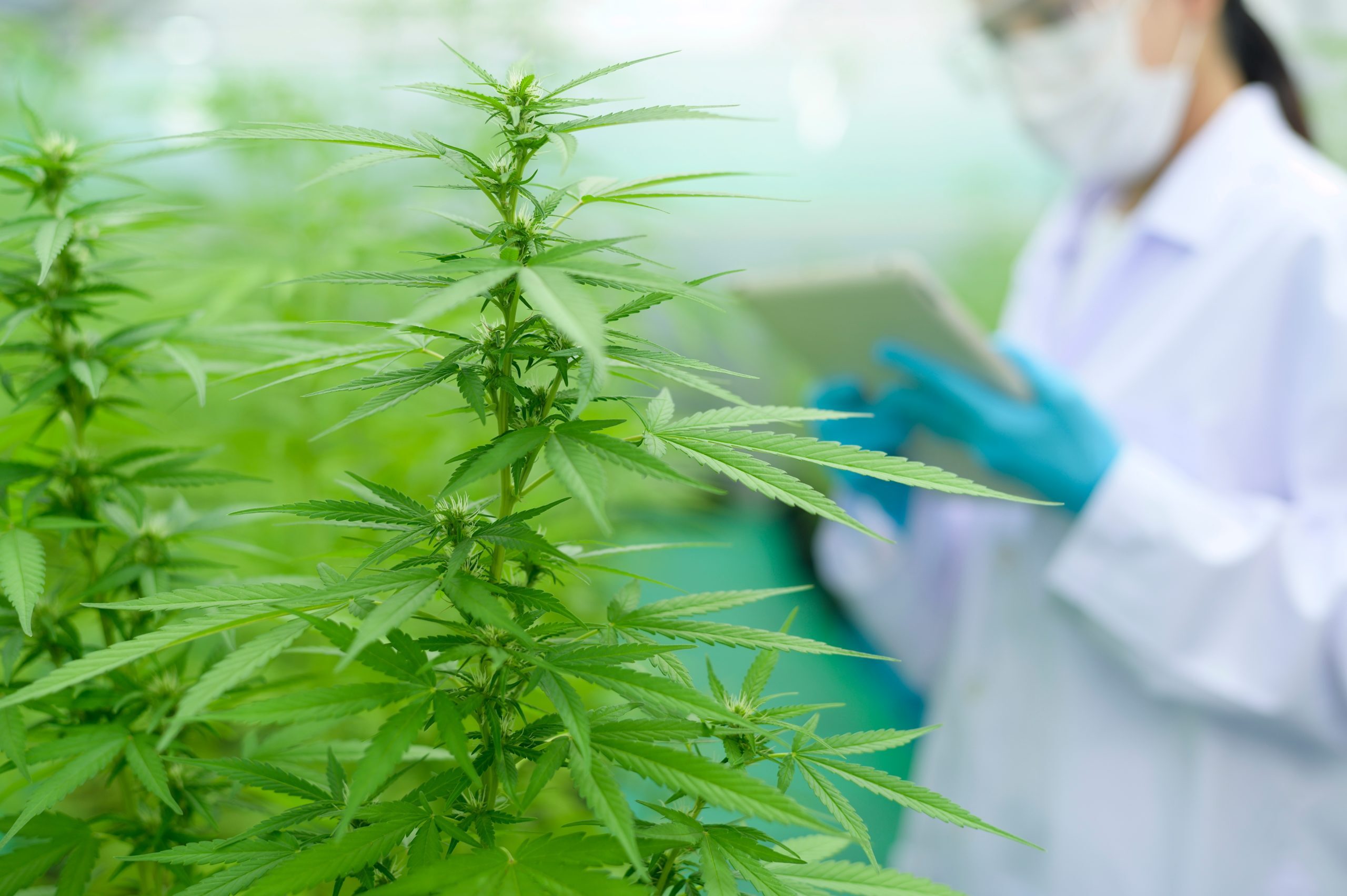

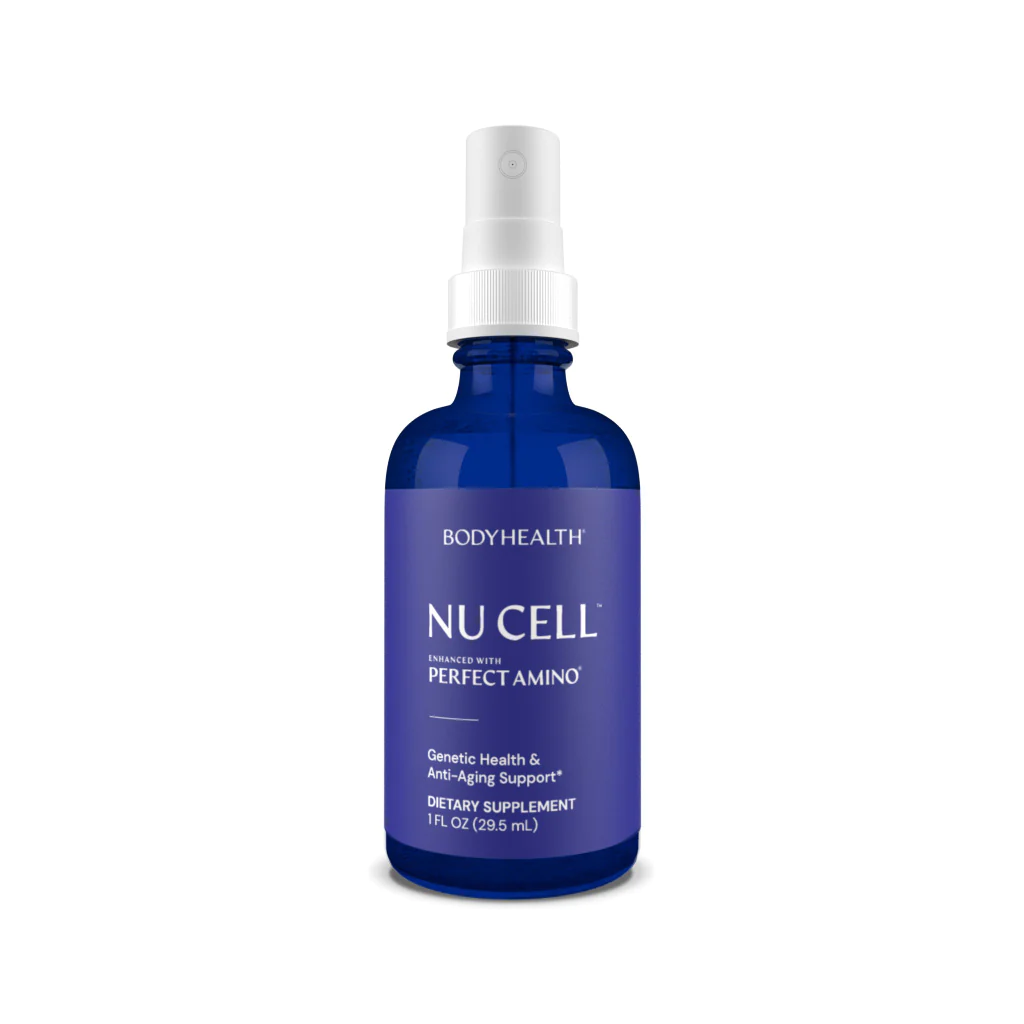




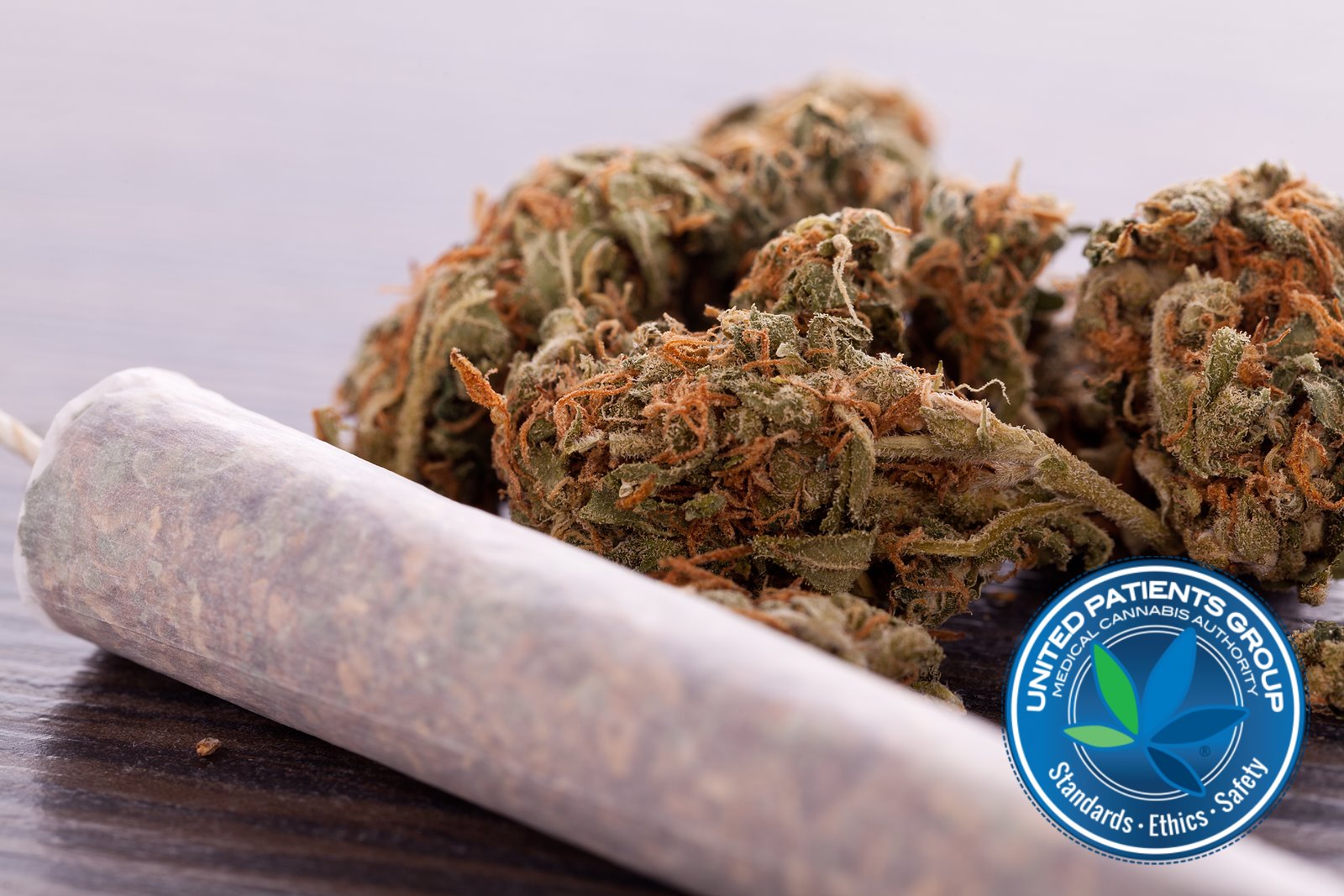


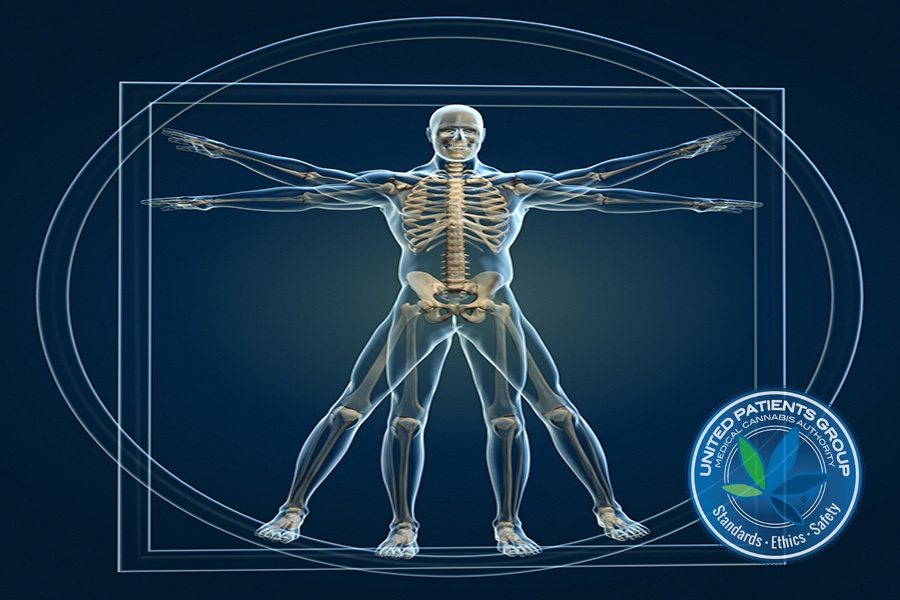







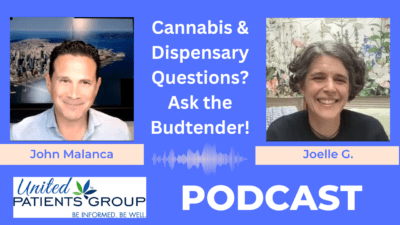


















Leave a Reply Cancel reply